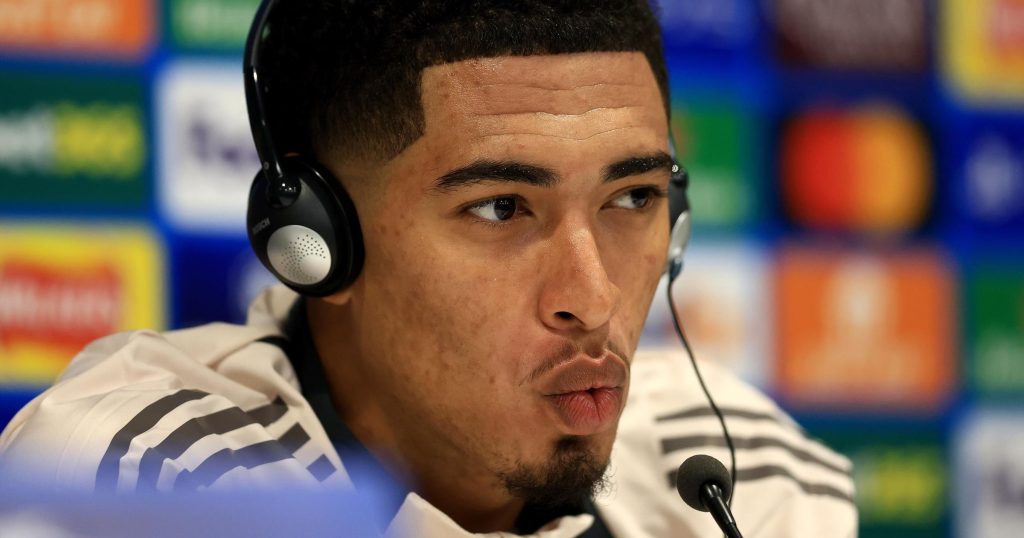Jude Bellingham, the young English midfielder, recently opened up about his experiences following England’s disappointing performance at Euro 2024. In a candid interview, he expressed feelings of being “mistreated” and likened himself to a “scapegoat” as the team exited the tournament in the final stages. Bellingham’s reflections shed light on the pressures faced by young athletes in high-stakes tournaments and the emotional toll it can take on them, especially when the team does not meet public expectations.
During the Euro 2024 tournament, Bellingham played a crucial role for England, and the weight of expectation rested heavily on his shoulders. As one of the standout players for his club and country, he felt that the defeat reflected not only on the team but also on individual performances, including his own. This pressure, he revealed, led him to internalize the criticism, feeling isolated and misunderstood at times. Bellingham’s sentiments resonate with the challenges faced by young athletes who often must navigate their personal aspirations alongside collective goals.
Bellingham’s comments also highlighted a broader issue regarding media scrutiny and public perception of players after a major tournament. The narrative surrounding the England team often shifts quickly, with players facing intense criticism immediately following any setbacks. This dynamic can lead to feelings of anger and frustration among players like Bellingham, who are dedicated to performing at their best. He acknowledged that such scrutiny can be difficult to manage, particularly for younger players still developing their careers and coping with the pressures of representing their national team.
Furthermore, Bellingham’s remarks raise important questions about the support systems in place for athletes during and after major competitions. He hinted at a need for greater awareness and understanding of players’ mental health, emphasizing the importance of providing support that extends beyond physical training and performance metrics. The emotional aspect of sports, particularly in moments of failure, is often overlooked, highlighting the need for a more comprehensive approach to athlete care that includes mental health resources.
The young midfielder’s experience serves as a reminder of the human side of professional sports, where triumph and disaster are often separated by a thin margin. As he navigates his career, Bellingham is determined to learn from this experience and grow stronger, both as an individual and as a team player. He remains committed to moving forward and is focused on future opportunities with the England squad, aiming to channel his frustrations into improved performances and contributions to the team.
In conclusion, Bellingham’s reflections on his Euro 2024 experience provide a valuable perspective on the emotional challenges faced by young athletes in high-pressure environments. His acknowledgment of feeling like a scapegoat underscores the need for understanding and empathy within the sports community. As the discourse around athlete mental health continues to evolve, Bellingham’s insights may pave the way for more robust support systems that recognize the complex interplay between performance, expectations, and well-being in the world of sport.














